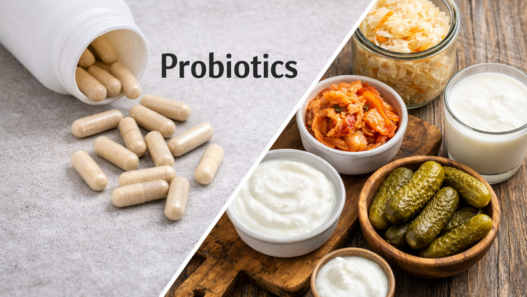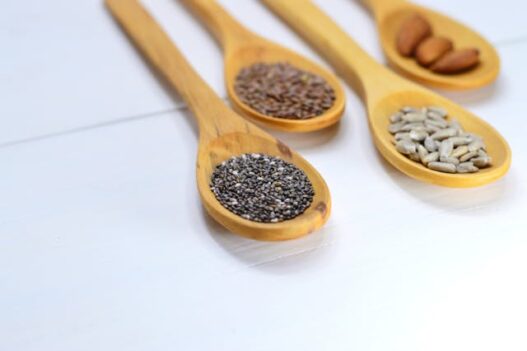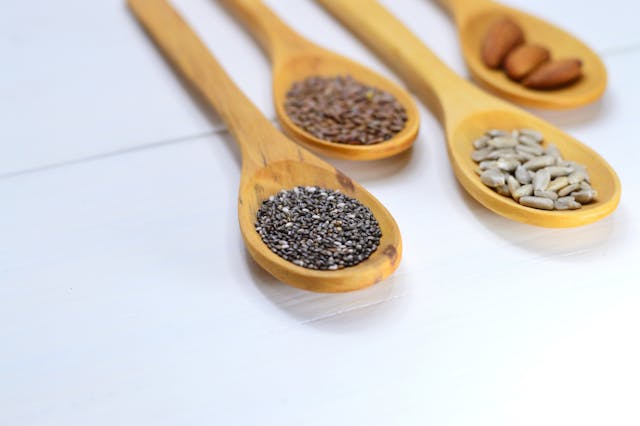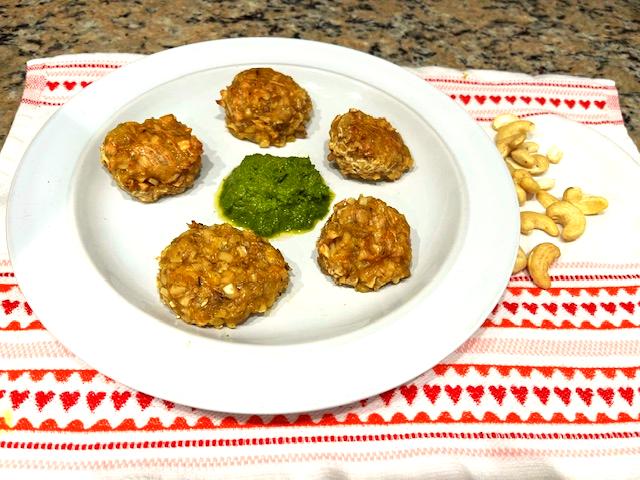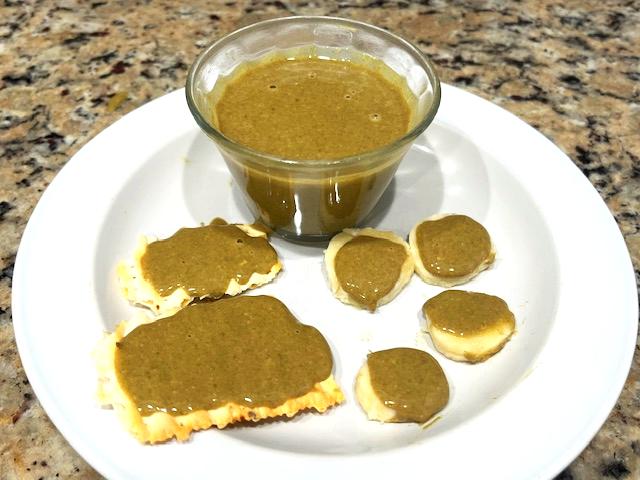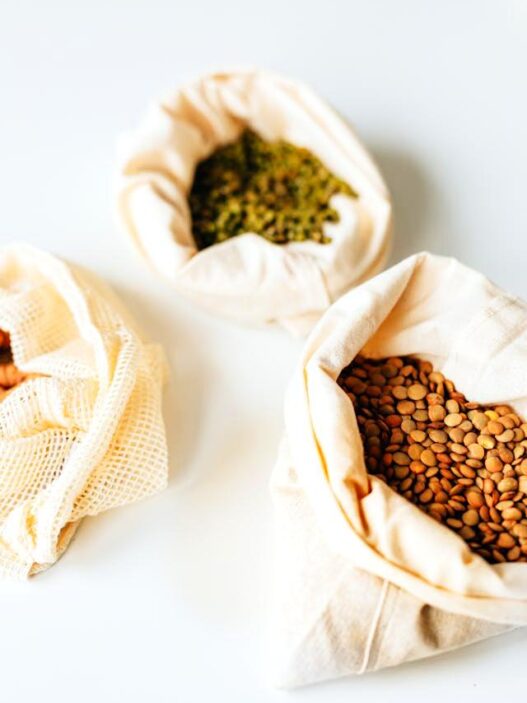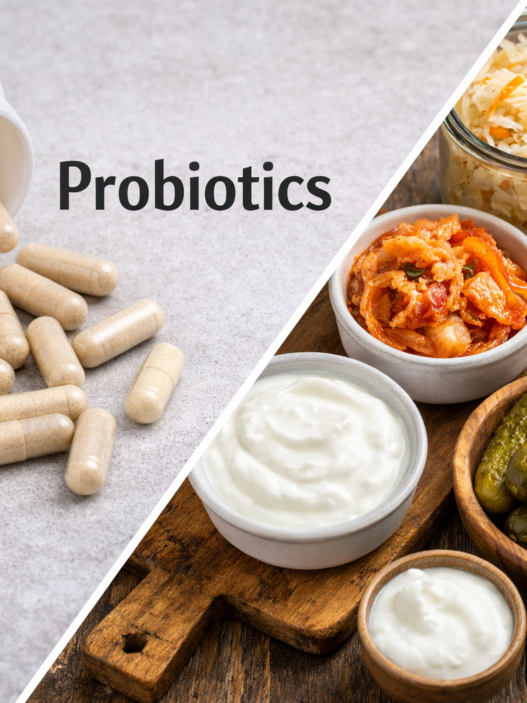Follow me on:
Nuts and Seeds: Healthy, Autoimmune-Friendly Recipes
Nuts and seeds are not only delicious but also packed with essential nutrients that support overall health, making them a great choice for those managing autoimmune diseases. Rich in healthy fats, protein, fiber, and antioxidants, they help reduce inflammation, stabilize blood sugar levels, and provide energy for your body. These nutrient-dense foods are also loaded with vitamins and minerals like magnesium, zinc, and vitamin E, which play a key role in immune system support and healing.
For individuals with autoimmune conditions, incorporating nuts and seeds into your diet can promote gut health and reduce inflammation, which is crucial for managing symptoms. Some nuts and seeds offer additional health benefits tailored to specific needs:
- Brazil Nuts: High in selenium, which is essential for optimal thyroid function and may help individuals with Hashimoto’s or other thyroid-related autoimmune conditions.
- Flaxseeds: Rich in omega-3 fatty acids and fiber, which support heart health and reduce inflammation, particularly beneficial for autoimmune conditions like rheumatoid arthritis.
- Pumpkin Seeds: Packed with zinc, which is crucial for immune function and plays a role in maintaining healthy skin and gut, supporting overall autoimmune health.
- Almonds: A great source of vitamin E, an antioxidant that helps protect cells from oxidative stress. However, almonds are high in oxalates, which may contribute to kidney stone formation, particularly in individuals prone to oxalate kidney stones. If you have a history of kidney stones, it’s best to consume almonds in moderation or avoid them altogether.
While the benefits are abundant, it’s important to consume nuts and seeds in moderation. Aim for about 3-4 servings per week, as excessive intake may trigger sensitivities in some people with autoimmune diseases. A serving could include a small handful of mixed nuts or a tablespoon of seeds, ensuring you enjoy their benefits without overloading your system. As always, listen to your body and adjust based on how you feel.



